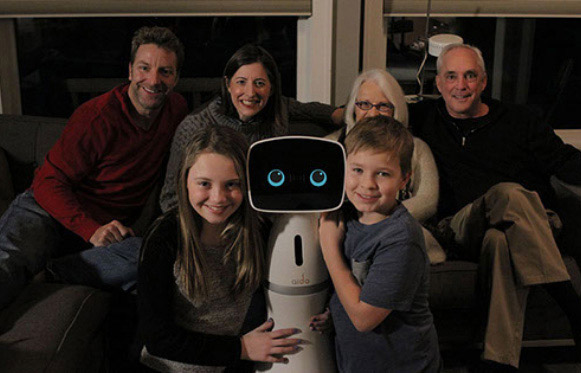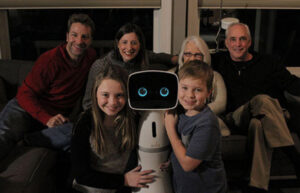

Design is a crucial aspect of creating successful robotics and automation products. Don Norman, a well-known design expert, has laid out principles that are essential in creating products that are not only functional but also easy and enjoyable to use. In this article, we will explore Don Norman’s design of everyday things and how it applies to robotics and automation.
One of Norman’s principles is the importance of feedback. Feedback allows users to understand what is happening in the system and how their actions are affecting the outcome. This principle applies to robotics by ensuring that the user is aware of what the robot is doing and what it will do next. For example, Aido Robot, developed by Ingen Dynamics, incorporates feedback through its LED lights that indicate its mode and the task it is currently performing.
Norman also emphasizes the importance of affordances, or the visual and physical cues that indicate how an object can be used. This principle applies to robotics by ensuring that the robot’s interface is intuitive and straightforward, making it easy for users to interact with it. Ingen Dynamics’ Fari Robot, which is designed for healthcare and telemedicine, incorporates this principle through its user-friendly interface and clear visual cues that indicate the robot’s functions.
Another principle of Norman’s design is the importance of mapping, which refers to the relationship between the controls and the functions they operate. Mapping is essential in robotics to ensure that the user’s actions align with the robot’s responses. Kobe Robot, developed by Ingen Dynamics, incorporates this principle by mapping the user’s movements with the robot’s movements in real-time, making it easy for the user to control the robot.
Norman’s design principles also emphasize the importance of visibility, or the degree to which the user can see what is happening in the system. In robotics, visibility is critical to ensure that users can monitor the robot’s actions and performance. Senpai Robot, developed by Ingen Dynamics for educational purposes, incorporates this principle by incorporating a camera that streams live video of the robot’s environment to the user.
In conclusion, Don Norman’s design of everyday things principles applies to robotics and automation products. By following these principles, Ingen Dynamics has developed products that are not only functional but also easy to use and interact with. Aido Robot, Fari Robot, Kobe Robot, and Senpai Robot are examples of how Norman’s principles are applied in robotics and automation, creating products that are intuitive, user-friendly, and enjoyable to use.
Arshad Hisham
Founder and CEO at inGen Dynamics
© Copyright 2015 - 2024 All Rights Reserved.